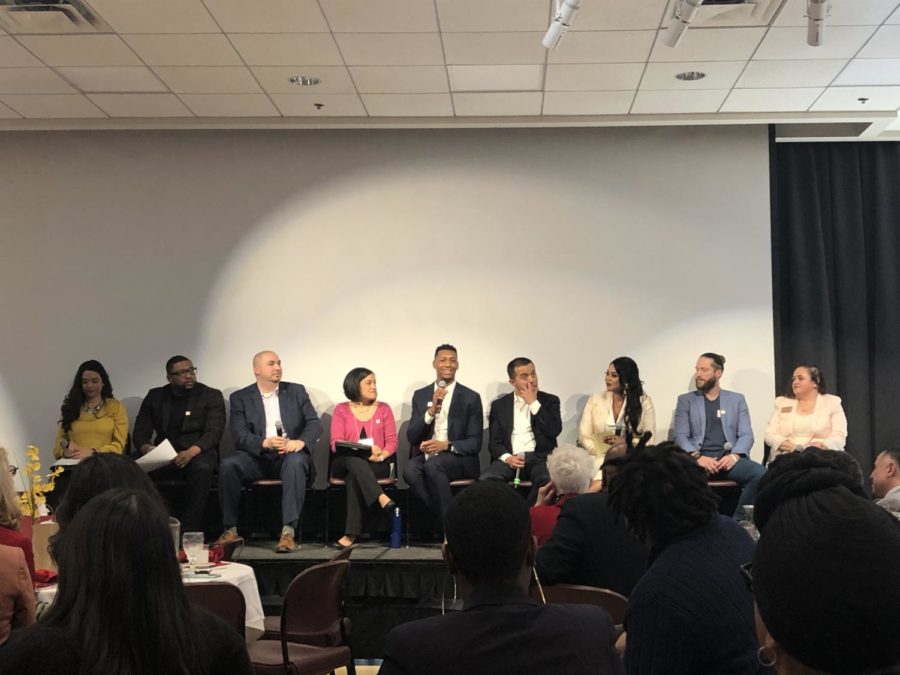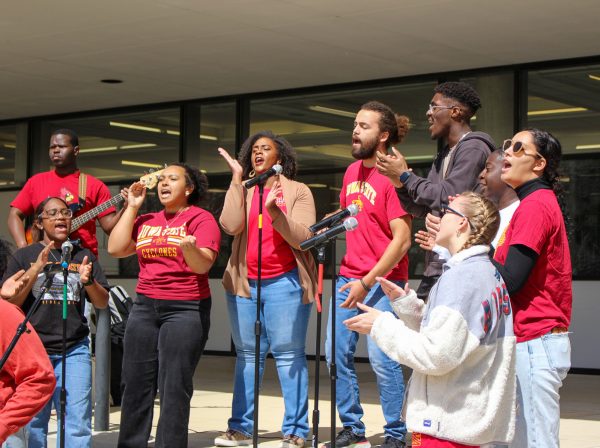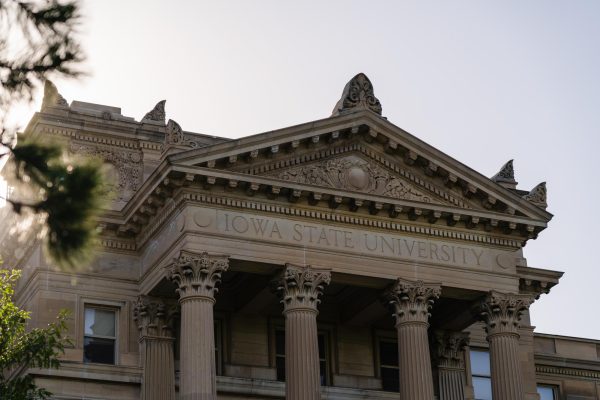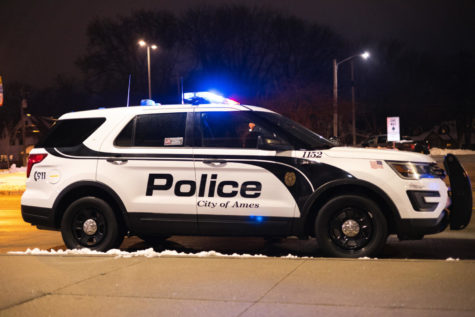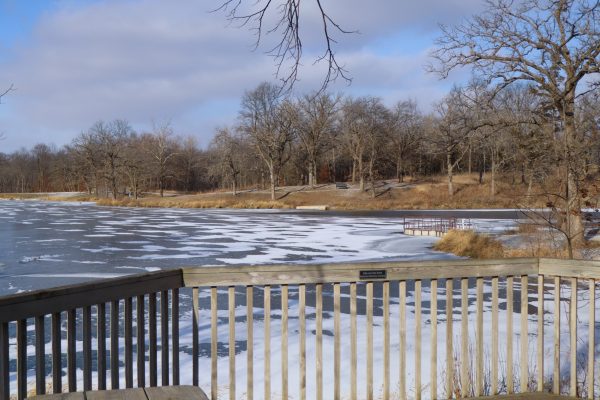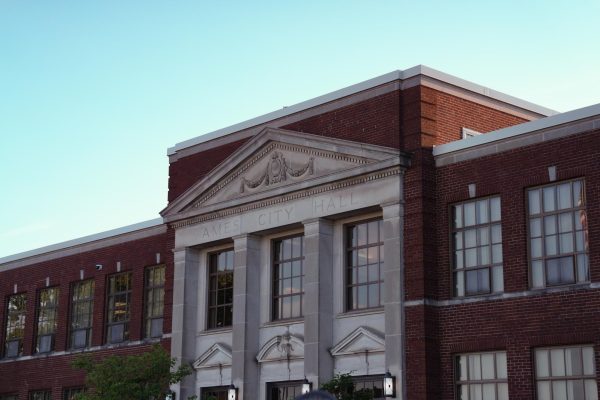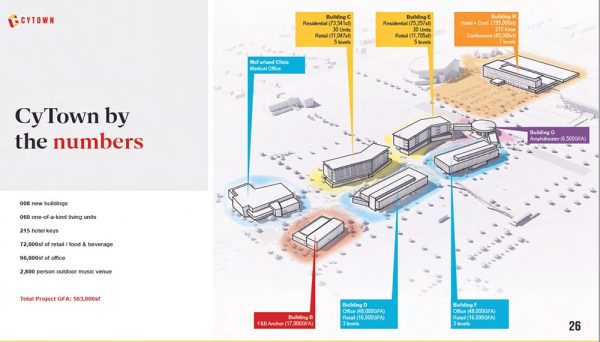ISCORE 2023: Celebrating research and passion topics on race and ethnicity
A panel of NCORE-ISCORE student scholar alumni reflected on their Iowa State experience and during the lunch keynote at the Iowa State Conference on Race and Ethnicity in 2020.
Nearly 1000 students, faculty, staff and community members will attend the 2023 Iowa State Conference on Race and Ethnicity (ISCORE) Friday in the Memorial Union.
“I’ve been involved for 23 years. I think each year it’s like a family reunion,” said Japannah Kellogg, director of the NCORE-ISCORE office. “I mean, there are people that have been coming every year since they worked on campus, and for the students it’s a validating experience because we’re celebrating research and passion topics.”
ISCORE is the Thomas L. Hill Iowa State Conference on Race and Ethnicity. It is split into two days: a pre-conference for professional staff and a conference that is open to the community.
During the conferences, issues of race and ethnicity on campus and beyond are discussed, according to the ISCORE website. The conference focuses on creating inclusive spaces, improving relations among races and ethnicities, and providing opportunities for access to education for traditionally underrepresented populations.
Kellogg attended his first National Conference on Race and Ethnicity (NCORE) in Memphis, Tennessee, in 1999, prior to working at the university. During his time there, he came across 35 attendees from Iowa State.
“I was just impressed by the students,” Kellogg said. “I mean, the students were well prepared. When I got to Iowa State, I remember asking about this project, and the person in charge at the time said ‘we got a lot of people that are interested, how about I put you on a waitlist?”
The first conference Kellogg was a part of had 145 attendees. This year, there are 985 attendees.
“For some people, that might not be a big number, but I remember when not a lot of people attended,” Kellogg said. “So to be consistent with those type of numbers, I’m pretty proud of that.”
The first step to getting involved is attending ISCORE.
Kellogg said the conference can be used as a launching pad for students and professionals to learn about something they are curious about.
“Expanding your comfort level, interacting with students of color, is something that our white students should embrace,” Kellogg said.
Attending ISCORE is a way to expand comfort levels, not just for students, but for faculty and staff.
“Also, if you work at Iowa State, you’re responsible for helping make this a climate conducive to everyone’s learning,” Kellogg said. “This project is not just about our ethnic minority students, it’s about all our students.”
Students can get involved in ISCORE by applying to attend the national conference. Iowa State takes 20 students and prepares them for the five-day conference in the summer. This year’s conference will take place in New Orleans.
When students return to campus in the fall, they take a course facilitated by Ashley Garrin, the director of the Ronald E. McNair Program, to continue the research. Students are assigned to a research team other than their own ethnicity and present their research during the spring semester.
“At the end of the process, students have said ‘I’ve learned so much about my own identity by starting with someone else,’” Kellogg said.
Along with student presenters, there are around 40 additional presentations from experts on campus and two keynotes.
Kellogg said during his time here, he has been able to develop a formula for keynote speakers. The morning keynote is typically somebody from the community.
“I’ve had an opportunity to catch a couple of faculty members as they were retiring, or have a faculty member that’s really good in a particular area share their research or how they came to be that expert,” Kellogg said. “I think that’s something that people appreciate.”
This year’s morning keynote will involve a panel of faculty reflecting on attending the 2022 NCORE.
The afternoon keynote during lunch is typically an outsider to Iowa State that will inspire or tell a story about history and purpose.
This year’s afternoon keynote will be delivered by Patrick Phillips, an author who will discuss his book “Blood at the Root: A Racial Cleansing in America” which discusses the lynching that took place in his hometown during 1912.
“ISCORE is just a small piece of the difference a person can make,” Kellogg said. “The whole experience has been meaning-making. It’s really a mindset of ‘oh, this is what the students have committed to.’”
The experience sends students on a trajectory to commit to their understanding of inclusion.
“ISCORE is just one day,” Kellogg said. “I just think that if nothing else, we’re sparking some curiosity and interest in a way that you don’t have to feel like you’re an expert.”
Your donation will support the student journalists of the Iowa State Daily. Your contribution will allow us to purchase equipment, send our student journalists to conferences and off-set their cost of living so they can continue to do best-in-the-nation work at the Iowa State Daily.


